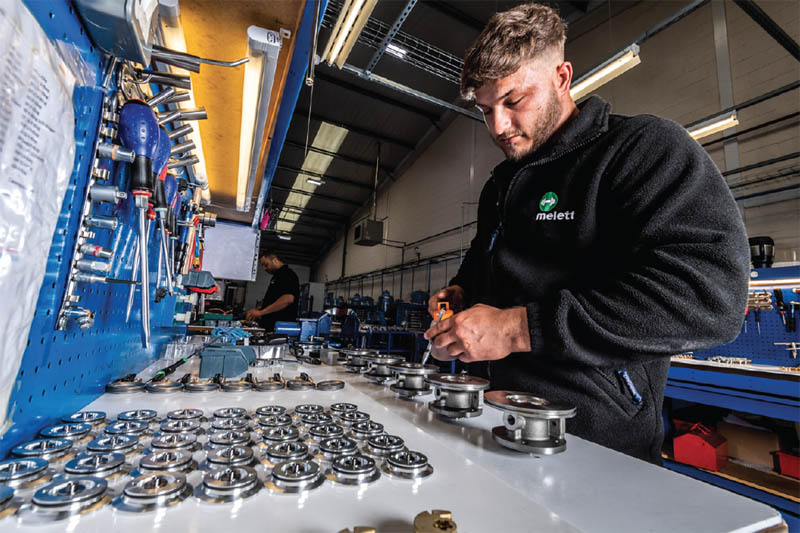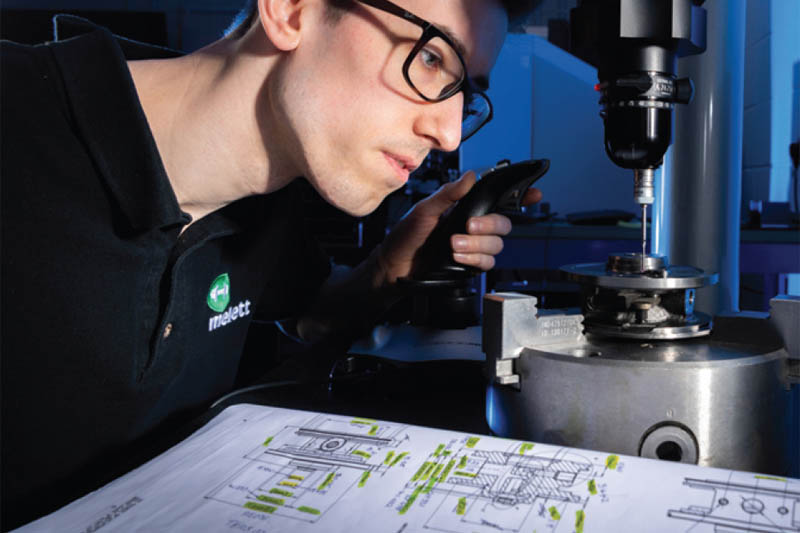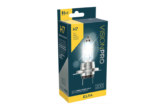
Melett, a supplier of turbochargers and parts, is working with specialist turbo repairers to support motor factors, so that they can take advantage of remanufacturing opportunities and maintain the highest set of quality standards. Melett Group Sales Director, Darren Johnson, shares his views.
There is a bright future for the turbocharger in a diverse vehicle parc, thanks largely to the efficiencies it brings. Smaller capacity engines are more powerful than ever before and, thanks to turbochargers, more economical.
New vs reman – quality perceptions and new channels
Many people get confused as to the difference between remanufactured and new aftermarket turbos and can often think that they are the same thing.
To remanufacture means to return the turbo to as close to new as possible. Components are inspected against original equipment (OE) specifications for correct dimensional tolerances and worn components are replaced. A remanufactured turbo should meet OEM standards for quality, performance and durability.
Through Melett’s extensive research, it is feasible for a remanufactured turbocharger to be subject to greater scrutiny by independent workshops than a ‘new’ unit, despite the new unit potentially being of lesser quality than the remanufactured equivalent.
A remanufactured turbo can tick all the boxes for OE quality specification, price, technical quality and performance, while also having a reduced environmental impact; however, low cost and lower quality ‘new’ turbochargers are also widely available and can have a detrimental, disruptive effect on the market.
Promoting higher standards of reman
Melett, through its ‘What’s in Your Turbo’ campaign, is reminding the market that when comparing a high-quality product with a lower cost alternative, it is risky to assume that they are equivalent parts, even if they look the same. It is important to consider more than just the visual appearance of a component.
While components look very similar to their higher quality counterparts, premature component failure is common, as poor-quality products cannot perform efficiently under the extreme operating conditions. It is important to recognise the point at which cutting margins turns into reducing quality, as this can harm customer relationships.

Every component has a minimal price point and anything lower than that point can only be achieved by using lower grade raw materials in the manufacturing process.
The consequences of using lower quality components affects the entire supply chain and the reputations of businesses within it. To get it right first time, every time, quality is key.
As an aftermarket supplier, Melett is recognised as the reliable supply partner by small turbo repair workshops through to large volume and OE turbo remanufacturing facilities. Melett is also an approved supplier to several vehicle manufacturers for their own aftermarket turbo programmes.
The level of precision required in the manufacturing of turbo parts is extremely high and consistency is, therefore, vital. Producing one component with 100% accuracy is a relatively simple process; to achieve the same level of accuracy when producing thousands of components is an extremely difficult task, and without the use of strict manufacturing processes, this would not be possible.
The turbocharger market is at a pivotal point. It must fight this needless race to the bottom and promote remanufacturing, investment and engineering, leading to greater prosperity throughout the entire market.







